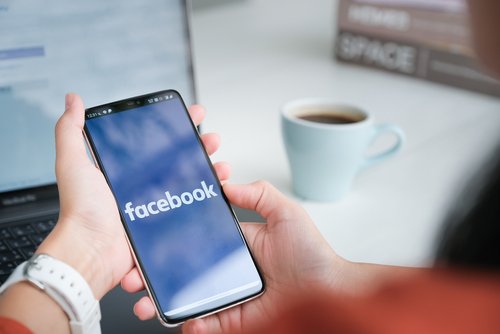Brussels (Brussels Morning) Johannes Caspar, Hamburg Commissioner for Data Protection and Freedom of Information, has ordered US tech giant Facebook not to process customer data of its messaging service WhatsApp, DW reported on Tuesday.
Facebook, whose German operations are based in Hamburg, announced it was examining its legal options and would appeal the decision.
Caspar pointed out that Facebook is not allowed to use WhatsApp data for three months because of a privacy policy update. “The order is intended to safeguard the rights and freedoms of the many millions of users throughout Germany who give their consent to the terms of use”, he said.
Pointing to the need “to prevent disadvantages and damages associated with such a black box procedure”, he noted that WhatsApp’s new rules could be in conflict with EU data protection laws.
New rules would widen data sharing with Facebook
According to the new terms of use that WhatsApp wants its users to accept by Saturday, Facebook would get sweeping access to their private data.
The company is urging its 1.5 billion or so users, approximately 60 million being in Germany, to accept the new rules as soon as possible.
The move is part of Facebook’s plan to monetize the messaging service which it acquired in 2014 for 19 billion dollars.
Caspar warned that tech giants can abuse mass profiling to manipulate democratic decisions while noting that “without the trust of the users, no data-based business model can be successful in the long run”.
He believed EU regulators should impose similar bans across the bloc.
WhatsApp denies update would expand data sharing
On the other hand, WhatsApp asserted that its new rules would not expand data sharing with Facebook.
A WhatsApp spokesperson claims the German decision is “based on a fundamental misunderstanding of the purpose and effect of WhatsApp’s update and therefore has no legitimate basis”.
The company announced the update at the end of 2020 but put the plan on hold after users started switching to alternative messaging apps including Signal and Telegram.




